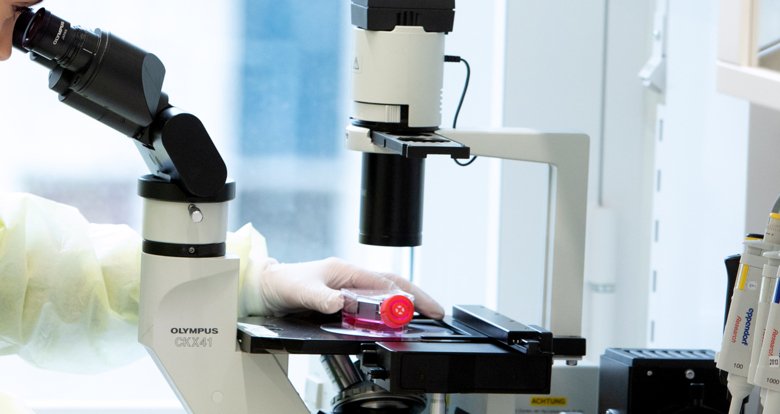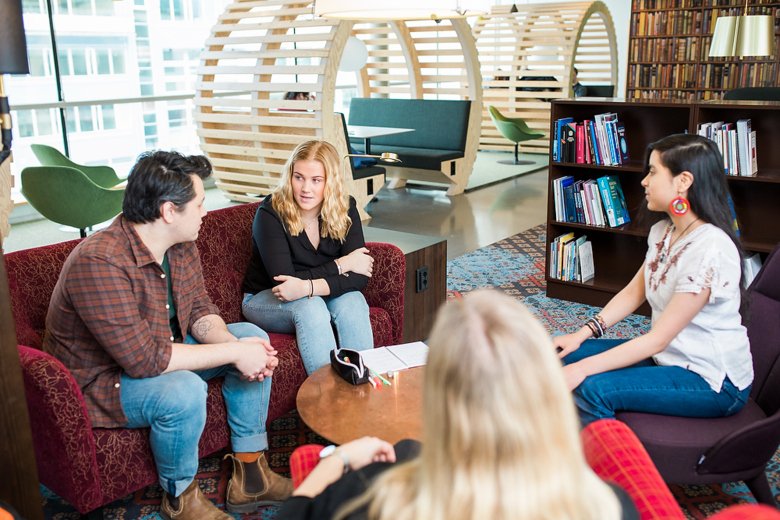For students attending the course Biostatistics (4,5 hp) course code 1BI043
The goal of the course is to equip the participants with the basic statistical tools and concepts necessary to understand and conduct biomedical research.
Syllabus
Information about the course
The content of the course can be roughly grouped into three parts:
Basics: these are elementary ideas and techniques on which all further statistics is based. This includes how to summarize and describe data numerically and graphically, the concept of probability and probability distributions, confidence intervals and hypothesis tests. These ideas are demonstrated for basic means and proportions.
Relationships: using the basic concepts, we will discuss how to measure and test relationships between two continous measurements (correlation and regression) as well as two nominal measurements (contingency tables).
Complementary: the standard parametric methods in 1. and 2. have some common assumptions that need to be fulfilled for the results to be valid. We will discuss formal and informal methods to help us decide whether these assumptions are valid (e.g. quantile plots) and introduce some alternative methods for dealing with situations where the assumptions do not hold (non-parametric tests). Besides being useful in their own right, these methods allow us to apply basic concepts (descriptive statistics, hypothesis testing) from 1. in a slightly different context.
The course is strongly focused applying the statistical methods to realistic data. Consequently, ca. 40% of the classroom activity will be in form of exercises and computer labs.
Organization
The course starts September 1, 2025. Each day of instruction, we have scheduled lectures 9.00 - 12.00 and lab 13.00 - 16.00.
Canvas
As a student you will get access to the course website in Canvas.
Examination
The examination is a written exam in Canvas. The exam is in program R and handed in as an R script in Canvas.
The exam is assessed as Fail, Pass or Pass with distinction.
Course material and software
Some course material will be available from the course web in Canvas.
You will mainly use the open-source statistical software R, which is freely available from the CRAN website. We will give a short introduction on using R with a simple graphical user interface during the first day. Feel free (actually, feel encouraged) to bring your own laptop (we will help you with installing R if you have problems).
Video demo of installation (8 min)
Literature
There is no dedicated course book: while there is no lack of excellent introductory biostatistics books, most are written for either clinical or public health researchers, and stress somewhat different aspects. Consequently, we try to put everything you need to pass the course into our handouts.
If you want to do some complementary reading (highly recommended!), the following books are well written, with excellent examples from biomedical research, and available from the KI Library:
DG Altman: Practical Medical Statistics
M Bland: An Introduction to Medical Statistics
M Pagano: Principles of Biostatistics
B Rosner: Fundamentals of Biostatistics (very detailed)
P Dalgaard: Introductory Statistics with R (software specific)
There is also a reasonable electronic book available via the KI Library:
S Mitchelson: The Biostatistics Cookbook
Contact
Matteo Bottai
Course director and examinerMahmood Ul Hassan
Deputy course directorPinar Kara
TeacherJohanna Bergman
Course administratorMalin Sandell
Study CounsellorSchedule 2025
Course evaluations
Course analysis
 Photo: Ulrich Schulte
Photo: Ulrich SchulteFor students on the Bachelor's Programme in Biomedicine
On the programme web you can find everything you need to know as a student on the Bachelor's Programme in Biomedicine.

Student at KI
Here you can find all the information you need for your studies.
